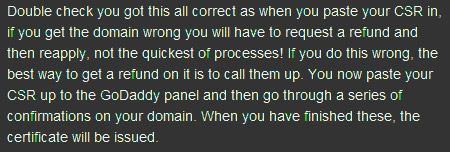Ed shares this story with us, via a friend of Pablo Picasso.
I was staying with Picasso in his studio. Every day, dealers would come by to authenticate paintings they were trying to sell… they would ask the painter if the painting was real or a fake.
A dealer came by one day, Picasso glanced at it and without hesitating said, “fake.” Later that day, two more were identified as fakes.
The second day, a different dealer came by. Picasso hardly looked up. “Fake!” he bellowed.
After the dealer left, I couldn’t help myself. “Picasso, why did you say that painting was a fake? I was here, in this studio, last year when I saw you paint it.”
Picasso didn’t hesitate. He turned to me and said, “I often paint fakes.”
(via Seth)
One possible explanation (via Rabbi David Gaffney):
The notion that a person is creating fakes when they fail to live up to their capacity has far-ranging artistic implications. The contention that the second-rate is second-rate, even when it is executed by first-rate people, is particularly worth proclaiming in an age when geniuses are discovered and proclaimed weekly. There is always room for the near-miss and for the clearly second-rate. But the standard for outstanding accomplishments must inevitably be lowered if no one bothers to distinguish the good from the not quite good enough.
